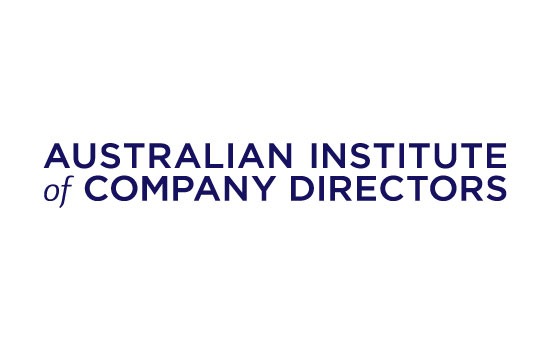
In late August, The Australian Institute of Company Directors (AICD) attended the National Reform Summit, and not surprisingly many of the key challenges identified at the Summit were very similar to those challenges expressed by directors in the 2015 Director Sentiment Index.
AICD’s CEO and Managing Director, John Brogden participated in the summit and stated that the Summit was a “good opportunity to put important reforms on the table. The real test will be for the three groups business, unions and community groups – to actually propose real reforms.” “We proposed the need for insolvency reforms to help companies to trade through difficult periods, a micro-economic reform agenda for the states and the Commonwealth and the need for a national reform statement from
the Federal Government” he said.
In a statement from the summit, four key areas of reform were identified, along with specific goals, challenges and principles for reform:
1. Lifting productivity growth and workforce participation;
2. Fiscal policy for a growing economy;
3. Tax reform;
4. Sustainable retirement income policy.
The Director Sentiment Index released in May 2015 noted that low productivity growth was the greatest challenge facing Australian business. A subsequent poll identified that red tape, tax reform, economic conditions and innovation policy were the greatest inhibitors. It was therefore not surprising that the reform summit also identified productivity growth as a key area for reform.
In the lead up to the reform summit, the AICD raised concerns about the quality of national governance. As the voice of excellence in governance, the AICD is concerned about the quality of the governance of the nation.This is not a critique of politicians or parties, rather the limited appetite for engagement on flaws in the structure of governments. Some of the areas that AICD will encourage include:
* An urgent reform agenda to eliminate duplication of responsibility and service delivery between the Commonwealth and States and Territories;
* A shift from ‘short-termism’ in public policy settings to promote a longer-term strategic outlook consistent with good governance practice;
* A non-partisan consensus that key national challenges include Australia’s structural deficit, low productivity growth, national infrastructure investment and ageing population;
* A staged program to review and reform Federal/State relations and funding; and
* Open, inclusive engagement on policy and reform agendas that considers the needs and impacts on the community as a whole, to ensure reforms are efficient and fair.
It is hoped that real reform can occur to ensure that Australia can continue to enjoy the enviable standard of living in the longer term.
 Phil Butler is Manager – NFP, Public Sector & ACT
Phil Butler is Manager – NFP, Public Sector & ACT
at the Australian Institute of Company Directors.
Level 3 54 Marcus Clarke Street Canberra
T: 02 6132 3200 | www.companydirectors.com.au

